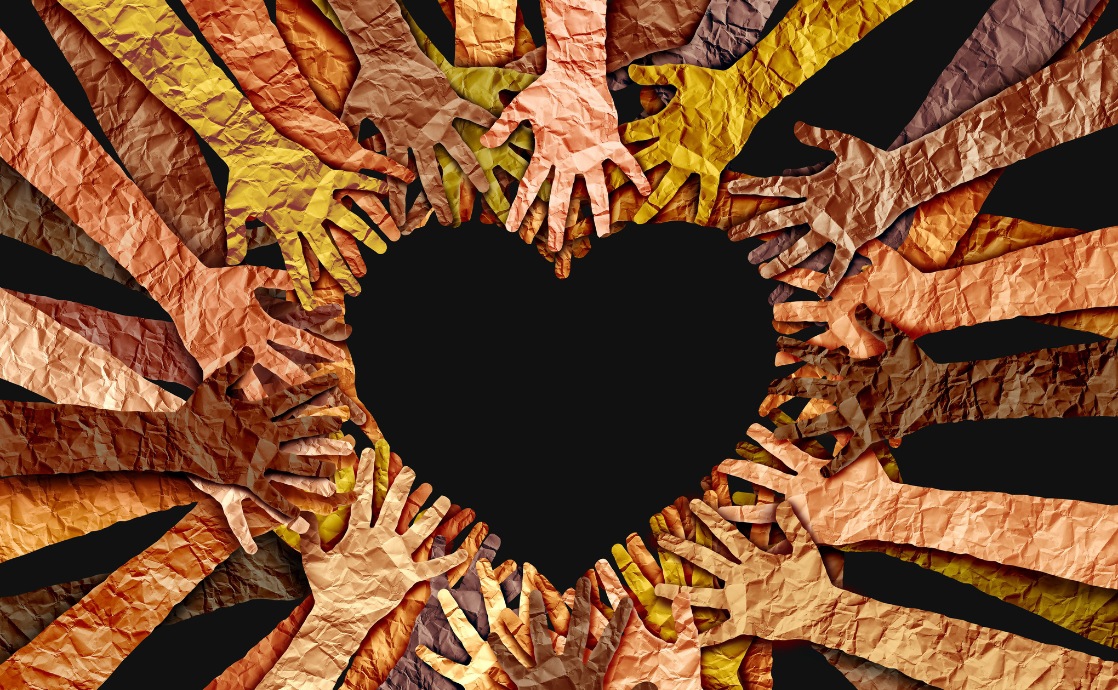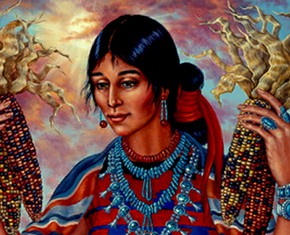The views expressed in our content reflect individual perspectives and do not represent the authoritative views of the Baha'i Faith.
The fourth question from a curious soul that I answered related to the diversity of the Baha’i community: “How diverse is the Baha’i community in terms of race and culture?”
The Baha’i Faith is a global religion. It began in Persia in 1844, but has spread around the world since then. India has the largest Baha’i population of the world’s nations, and according to Christian sources, the Baha’i Faith has become the second most widespread religion on Earth, Christianity being the most widespread. As you might imagine, this means that the global Baha’i community is as diverse as the population where it has taken root.
RELATED: Witnessing Unity in Diversity — for the First Time
In our local community, for example, we have believers from Iran, Eritrea, Ethiopia, Vietnam, France, Russia, South America and, of course, the U.S. There are Baha’i communities that are a smorgasbord of ethnicities and others that are predominantly Caucasian, or First Nations, or Hispanic, or Asian, or Aboriginal, or African-American. In other words, Baha’is will naturally reflect the ethnic makeup of the surrounding culture; in countries like the US, the UK, and Canada, where the population is diverse, the Baha’i community reflects that diversity. Baha’is are encouraged to marry across ethnic and racial boundaries to become living embodiments of Baha’u’llah’s teaching on human oneness.
Our backgrounds are also religiously diverse. Some come from multi-generational Baha’i families, others (like me) have come from Christian backgrounds, others were atheists or agnostics before they became Baha’is. The Baha’i community I ”grew up” in, in the Sierra Foothills of Northern California, included believers who had been Jewish, Buddhist, Catholic, Protestant, Wiccan, and atheist.
Because there are no specific Baha’i rites or rituals, the forms that Baha’i worship takes are also diverse. As I suggested earlier, one community may worship using Gospel music, another feature drums and hoop-dancing, another Persian chants … or any combination thereof.
This diversity is intentional, for the primary teaching of Baha’u’llah is the oneness of humanity:
The Great Being saith: Blessed and happy is he that ariseth to promote the best interests of the peoples and kindreds of the earth. In another passage He hath proclaimed: It is not for him to pride himself who loveth his own country, but rather for him who loveth the whole world. The earth is but one country, and mankind its citizens.
RELATED: Unity in Diversity: It Also Applies to Personality Types!
Also, Baha’is are committed to work for justice and equity in the world. The Baha’i teachings say that the peoples of the planet are destined to unify, to engender a peaceful and united global society, and to bring about justice for all, regardless of their ethnicity, racial background, class, religion, or nationality. Every true Baha’i constantly takes action for the realization of those lofty goals, as Abdu’l-Baha explained in this speech he gave in Paris:
What profit is there in agreeing that universal friendship is good, and talking of the solidarity of the human race as a grand ideal? Unless these thoughts are translated into the world of action, they are useless.
The wrong in the world continues to exist just because people talk only of their ideals, and do not strive to put them into practice. If actions took the place of words, the world’s misery would very soon be changed into comfort. …
People make much profession of goodness, multiplying fine words because they wish to be thought greater and better than their fellows, seeking fame in the eyes of the world. Those who do most good use fewest words concerning their actions.
The children of God do the works without boasting, obeying His laws.
My hope for you is that you will ever avoid tyranny and oppression; that you will work without ceasing till justice reigns in every land, that you will keep your hearts pure and your hands free from unrighteousness.
















Comments
Sign in or create an account
Continue with Googleor